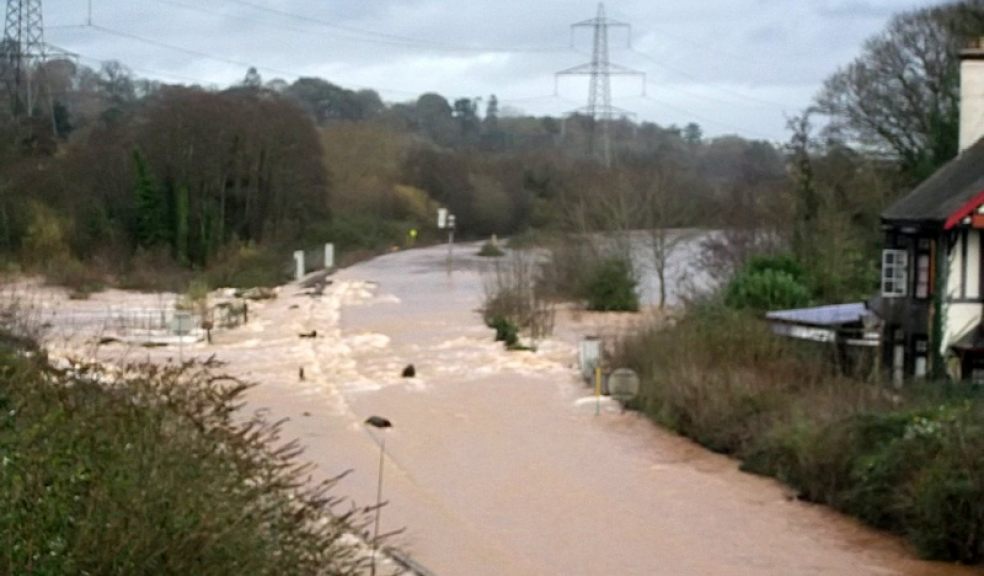
Message from Ben Bradshaw MP...
The long periods of disruption to rail travel between Exeter and the rest of the country during the recent wet weather seems finally to be registering with the Government.
I first raised concerns in Parliament during the flooding in late November and early December. This week, following the further disruption in over Christmas and up to New Year, a fellow South West MP raised the problem at Prime Minister’s Questions.
I have a question to the Transport Secretary on the Commons order paper and have written to both Network Rail and First Great Western requesting meetings to discuss the issue. With extreme weather events, particularly flooding, expected to become more severe and more common because of climate change, it’s clear that as well as doing more to protect homes and businesses, more needs to be done to protect our vital transport infrastructure.
It’s not just the nuisance and inconvenience suffered by rail travellers but our future economic prosperity that is at stake. One of the main things businesses and individuals consider when making decisions about investment or re-location is the quality and reliability of the local and regional transport infrastructure.
One of Exeter’s assets is that we are relatively well served by the motorway and rail networks and have a reliable airport. But if we get cut off too often by heavy rain, that reputation could change.
I don’t remember such serious flooding of the railway at Cowley Bridge since I’ve been Exeter’s MP. But it’s happened twice recently in the space of a month. Was it the sheer weight of water or has something happened in the flow patterns of the Exe or Creedy to increase the risk? Did something happen to the flow or channelling during the first spell of flooding to make the second more likely? These are all questions I’d like answering as well as a clear commitment from Network Rail to improve the resilience of the line at Cowley Bridge as a matter of urgency.
Exeter City Council recently published its strategic vision for the city for the next ten years. Covering economic development, housing, leisure, culture and environmental improvements this is a very important document which will determine the council’s priorities for the next decade or more.
One of the reasons Exeter has done well in recent years is because both its civic and business leaders have worked well together in developing a clear, optimistic vision and practical proposals for the city’s future.
You won’t necessarily agree with everything that’s in it, but having a clear sense of direction with everyone working together is a vital condition for a modern city’s success. So do take the trouble to have a look at the document which will be available on-line soon and feed in your views. Councillors, local government officers and business organisations don’t have a monopoly of wisdom. From my experience in Government, some of the best ideas came from the public.
I feel considerable personal sympathy for the Exeter nurse who has lost her campaign to be able to wear a cross on a chain at work, but I do think the European Court of Human Rights reached a fair and sensible verdict on her and the other three cases.
The court ruled in favour of the British Airways worker who wanted to wear a cross – overturning an earlier UK court ruling. The original BA policy always seemed bizarre to me and the airline has long relaxed its policy. But the argument about the nurse was not about the right to wear a cross, but about the right of the Royal Devon and Exeter Hospital to have a hygiene and patient safety policy which it could ensure its staff complied with.
I had far less sympathy with the other two claimants – a relationship counsellor and a registrar – who were demanding the right to continue to discriminate against lesbian and gay people in the provision of a publicly funded service. In modern Britain, it is thankfully illegal to discriminate against someone in the provision of goods and services on the basis of their sexual orientation, as it has long been on the basis of race or gender. “Belief” (some would call it prejudice) should not be able to trump the law of the land.


















